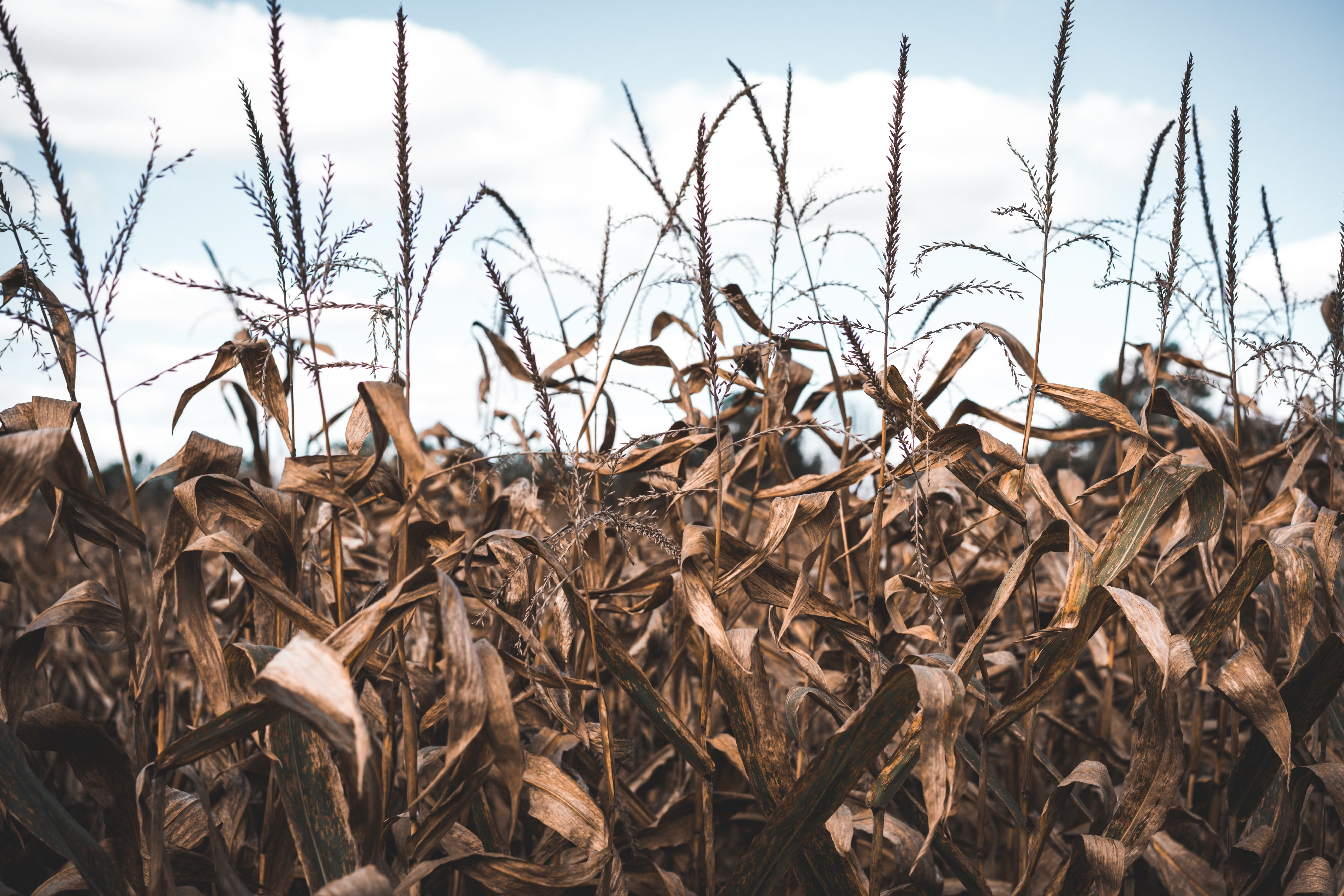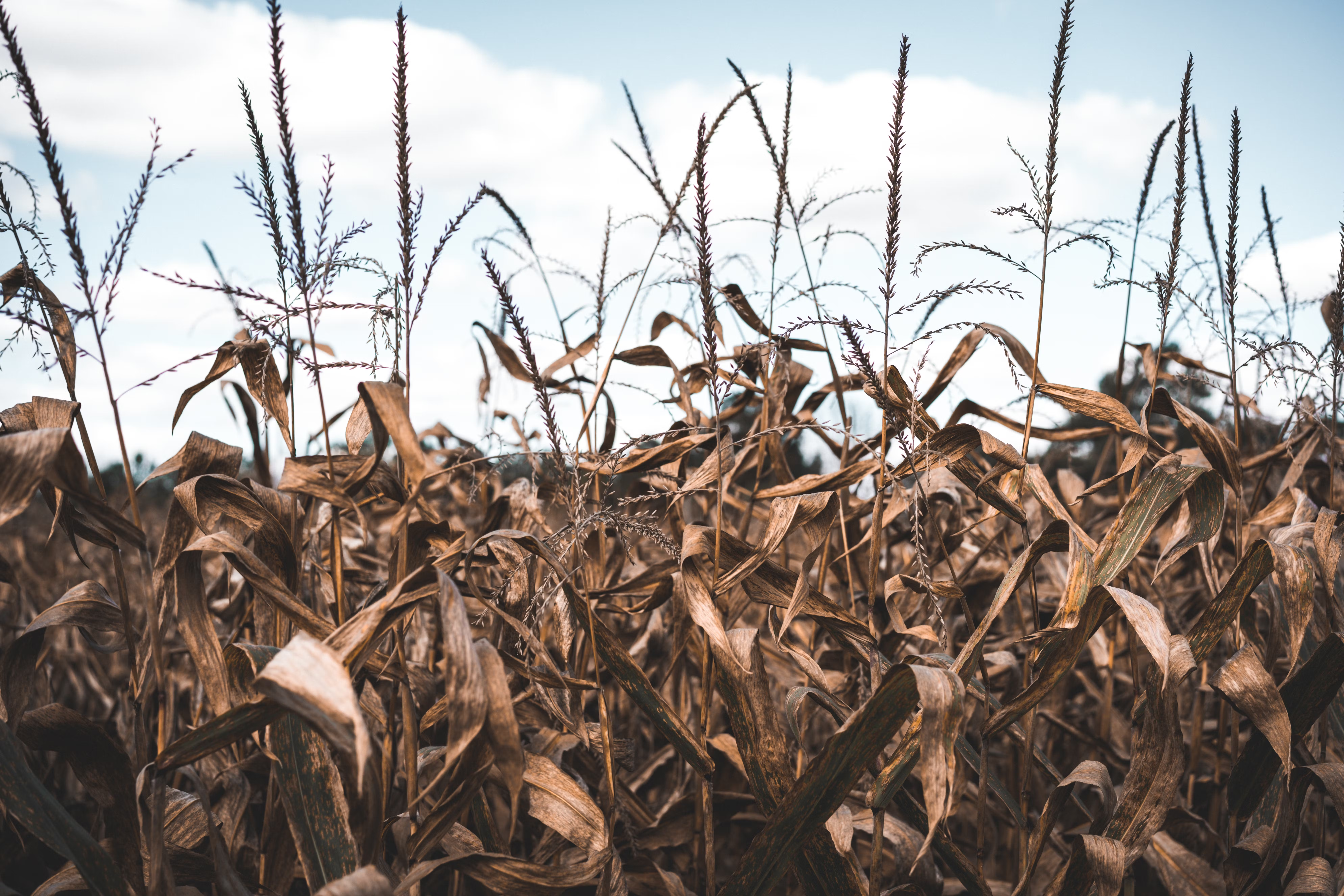Ghana’s climatic diversity brings forth a unique and captivating phenomenon known as the Harmattan season. Characterized by dry, dusty winds blowing from the Sahara Desert, this period typically spans from November to March, transforming the landscape and impacting daily life.
The Harmattan season offers a distinct experience, but it also requires proactive measures to protect oneself from the accompanying dust. In this blog, we’ll explore the essence of the Harmattan season in Ghana and provide valuable tips on safeguarding your health and well-being during this atmospheric spectacle.
The Essence of Harmattan:
The word “Harmattan” finds its roots in the Twi language, spoken in Ghana, and translates to “cold and dry.” This season is marked by a drop in temperature, low humidity levels, and the influx of fine dust particles carried by the northeasterly trade winds. The result is a hazy atmosphere, often accompanied by misty mornings and warm afternoons.
- Aesthetic Transformations: The Harmattan season paints a mesmerizing picture across Ghana. The landscape takes on a muted palette as the dust-laden air scatters sunlight, casting a soft, golden glow over everything. Trees shed their leaves, creating a serene ambiance that stands in stark contrast to the vibrant greens of the wetter months.
- Cultural Significance: Ghanaians have woven the Harmattan season into their cultural fabric, incorporating its nuances into folklore, art, and traditional practices. The season often signifies a time of reflection and preparation, as communities gear up for the upcoming festive season.
Navigating the Dust:
While the Harmattan season has its charm, the increased dust in the air can pose health challenges. Here are practical tips to help you protect yourself and make the most of this unique period:
- Hydration is Key: The dry air during Harmattan can lead to dehydration. Ensure you drink an ample amount of water throughout the day to keep your body hydrated. This helps combat the dryness that can affect your skin, lips, and respiratory system.
- Moisturize Your Skin: The dry and dusty air can sap moisture from your skin, leading to dryness and irritation. Regularly moisturize your skin with a good quality lotion or oil to maintain its suppleness.
- Protect Your Respiratory Health: Invest in a quality face mask to shield your respiratory system from the fine dust particles in the air. If you have respiratory conditions such as asthma, consider consulting with a healthcare professional for additional precautions.
- Eye Care: Dust particles can irritate your eyes, causing discomfort and redness. Wear sunglasses or protective eyewear to shield your eyes from the dust and harsh sunlight.
- Stay Indoors During Peak Dust Hours: The Harmattan dust is often more prominent during the early morning and late afternoon. If possible, plan outdoor activities during midday when dust levels are comparatively lower.
- Keep Your Home Dust-Free: Regularly clean and dust your living space to create a healthier indoor environment. Use damp cloths for cleaning surfaces to avoid stirring up dust.
- Stay Informed: Keep an eye on weather updates and air quality indices during the Harmattan season. This information can guide your activities and help you plan outdoor excursions wisely.
- Stay Warm: Despite the daytime warmth, the Harmattan season brings cooler temperatures, especially during the evenings and early mornings. Dress in layers to stay warm and comfortable throughout the day.
Ghana’s Harmattan season is a testament to the country’s climatic diversity, offering a unique blend of aesthetics and challenges. By taking proactive measures to protect yourself from the dust and embracing the season’s cultural richness, you can navigate this atmospheric spectacle with comfort and appreciation. As the dust settles, Ghana’s landscape transforms into a canvas of memories, and you can emerge from the Harmattan season with a newfound sense of connection to the environment and the communities that thrive within it.




